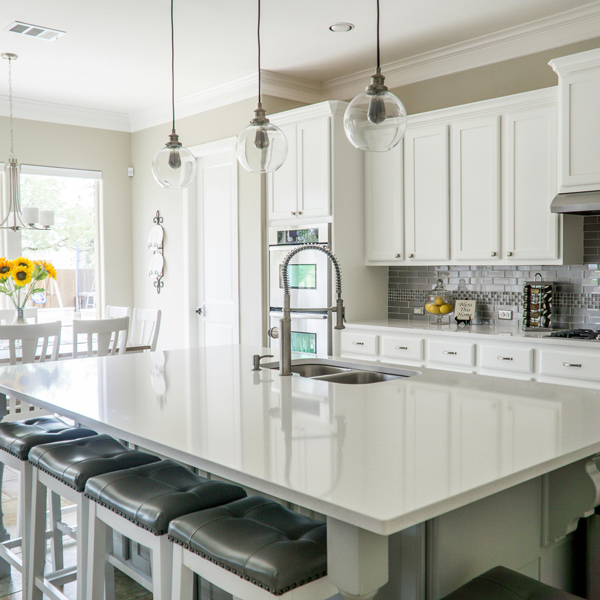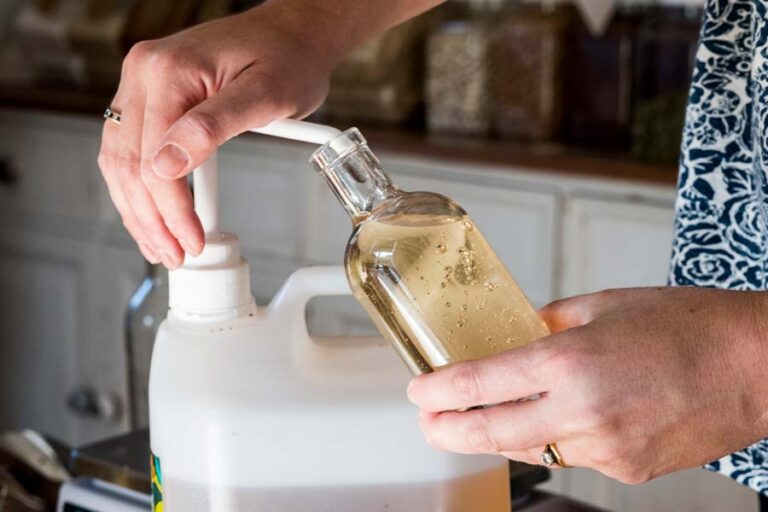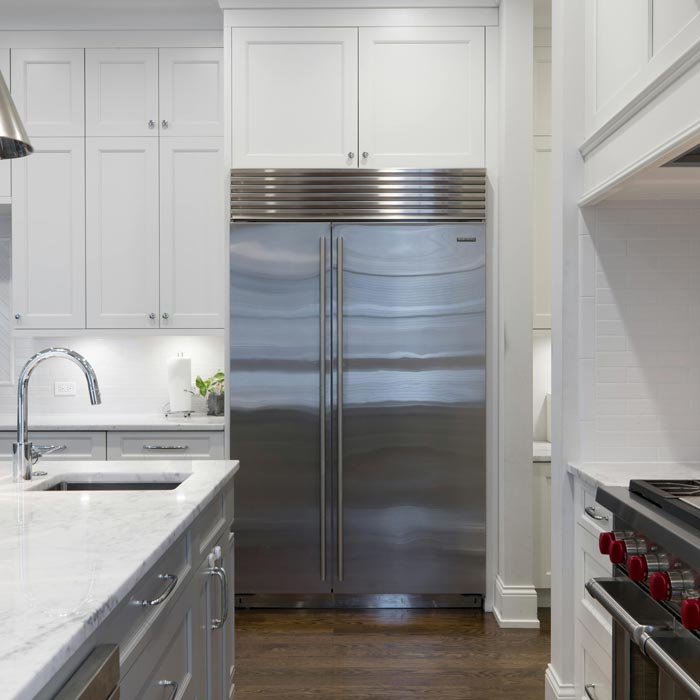Proper appliance installation isn’t just about convenience; it’s about safety, efficiency, and the longevity of your valuable household investments. While the DIY spirit is strong in many American homeowners, some appliances demand the expertise of a professional to ensure optimal performance and avoid potential hazards.
Common appliances often requiring professional installation include:
- Gas Ranges and Ovens: Due to the risks associated with gas lines.
- Water Heaters: Incorrect installation can lead to leaks or inefficient heating.
- Dishwashers: Proper connection to plumbing is crucial.
- Refrigerators with Ice Makers/Water Dispensers: Require water line connections.
- Wall Ovens: Electrical wiring and secure mounting are essential.
In this guide, we’ll delve into why professional installation matters, offer tips for choosing qualified installers, and share statistics that highlight the impact of proper installation on appliance performance and household safety in American homes.
Benefits of Professional Appliance Installation
Beyond simply getting your appliances up and running, there are several key advantages to entrusting their installation to qualified professionals:
- Safety and Compliance: Professional installers are well-versed in local building codes and safety regulations. They ensure that your appliances are connected correctly to gas, water, and electrical lines, minimizing the risk of fires, leaks, or electrical shocks. This is especially crucial for gas appliances, where improper installation can have disastrous consequences.
- Optimized Performance and Longevity: Professionals have the experience and know-how to fine-tune your appliance settings for peak efficiency. This can lead to energy savings, reduced wear and tear on the appliance, and ultimately a longer lifespan. They can also spot potential issues early on and address them before they become major problems.
- Peace of Mind: Most professional installers offer guarantees on their workmanship and warranties on the parts they use. This means that if something goes wrong after installation, you’re covered. It’s a valuable safety net that can save you time, money, and stress in the long run.
- Time Savings and Convenience: Let’s face it, installing appliances can be a time-consuming and frustrating task, especially for complex models. Professionals can handle the job quickly and efficiently, freeing you up to focus on other priorities. Plus, they’ll haul away the old appliance and clean up any mess, leaving your home looking tidy.
Investing in professional appliance installation isn’t just an expense; it’s an investment in your home’s safety, your appliances’ longevity, and your own peace of mind.
Commonly Installed Appliances in American Households
In the average American home, you’ll find a variety of appliances that play essential roles in daily life:
Kitchens
- Refrigerators: The heart of the kitchen, keeping food fresh and safe.
- Ovens: Whether gas, electric, or convection, essential for cooking and baking.
- Dishwashers: A time-saver for busy households, ensuring clean dishes.
- Range Hoods: Ventilate the kitchen, removing cooking fumes and odors.
- Microwaves: Quick reheating and defrosting, a staple in modern kitchens.
Laundry
- Washing Machines: Essential for keeping clothes clean.
- Dryers: Speeding up laundry time and reducing the need for line drying.
Home Comfort
- HVAC Systems (Heating, Ventilation, Air Conditioning): Maintaining comfortable temperatures year-round.
- Water Heaters: Providing hot water for showers, washing, and cleaning.
- Thermostats: Controlling heating and cooling systems for optimal comfort.
In addition to these common appliances, many American homes may also have garbage disposals, built-in microwaves, wine coolers, and other specialized appliances. The choice of appliances often depends on individual preferences, household size, and lifestyle.
DIY vs. Professional Installation: Weighing Your Options
The decision of whether to tackle appliance installation yourself or hire a professional often comes down to your skill level, the complexity of the appliance, and your tolerance for risk. Here’s a breakdown to help you decide:
DIY Appliance Installation
Pros:
- Cost Savings: DIY is generally cheaper, as you avoid labor costs.
- Flexibility: You can work on your own schedule.
- Learning Experience: Gain hands-on knowledge and skills.
Cons:
- Safety Risks: Incorrect wiring or gas line connections can be dangerous.
- Warranty Concerns: Some manufacturers require professional installation to maintain the warranty.
- Time Investment: DIY can be time-consuming, especially for complex appliances.
- Potential for Mistakes: Errors can lead to appliance damage or malfunction.
Scenarios Where Professional Installation is Recommended
- Gas Appliances: Always hire a professional for gas ranges, ovens, or dryers due to the risks involved.
- Complex Appliances: Dishwashers, refrigerators with ice makers, and wall ovens often have intricate connections best left to experts.
- Electrical Work: If the installation involves rewiring or modifying electrical circuits, it’s safer to call an electrician.
- Lack of Experience: If you’re not confident in your DIY abilities, it’s better to play it safe and hire a professional.
- High-Value Appliances: Protect your investment by ensuring proper installation.
Cost Comparison and Potential Savings
DIY installation can save you a few hundred dollars on labor costs, but professional installation provides peace of mind and ensures safety and warranty compliance. The potential cost of DIY mistakes, such as appliance damage or personal injury, far outweighs the initial savings.
Ultimately, the decision of whether to go DIY or hire a professional depends on your individual circumstances. If you have the skills, tools, and experience, DIY can be a rewarding option. However, for complex appliances or situations where safety is a concern, professional installation is the wiser choice.
Remember, the most important factor is ensuring the safe and correct operation of your appliance. Don’t hesitate to seek professional help if you have any doubts or concerns.
Statistics and Facts: Professional Installation by the Numbers
To better understand the impact of professional appliance installation, let’s delve into some statistics and facts relevant to American households:
- Professional Installation Prevalence:
- A survey conducted by HomeAdvisor found that 61% of homeowners choose to hire professionals for appliance installation. This highlights a preference for expertise and risk mitigation, especially for complex appliances.
- Common Issues with Improper Installation:
- According to a report by the National Fire Protection Association (NFPA), cooking equipment, particularly ranges and ovens, was the leading cause of home fires and fire injuries. Incorrect installation of gas appliances is a significant contributing factor.
- Improperly installed dishwashers can lead to leaks, water damage, and mold growth.
- Incorrectly wired refrigerators or washing machines can pose electrical hazards.
- Poorly ventilated dryers are a fire risk.
- Safety Statistics Related to DIY Mishaps:
- The U.S. Consumer Product Safety Commission (CPSC) estimates that thousands of injuries occur each year due to appliance-related incidents, some of which could be attributed to DIY installation errors.
- Electrical shocks, burns, and cuts are among the most common injuries.
- Energy Efficiency Improvements:
- The Department of Energy (DOE) states that properly installed appliances can consume up to 30% less energy than those installed incorrectly.
- Professional installers can optimize appliance settings for peak efficiency, resulting in lower energy bills and reduced environmental impact.
These statistics underscore the importance of professional appliance installation. By investing in expert service, you’re not only protecting your appliances but also safeguarding your home and family. While DIY installation may seem like a cost-effective option, the potential risks and long-term costs associated with improper installation can be significant. It’s always better to err on the side of caution and entrust complex installations to qualified professionals.
Choosing the Right Professional Installer: A Checklist for Success
Selecting a qualified and reputable installer is crucial to ensure a smooth and successful appliance installation. Here are some tips to guide you through the process:
- Tips for Selecting an Installer:
- Seek Recommendations: Ask friends, family, neighbors, or colleagues for referrals. Online reviews and ratings on platforms like HomeAdvisor or Angie’s List can also be helpful.
- Check Credentials: Verify that the installer is licensed, insured, and bonded. This protects you from liability in case of accidents or damage.
- Look for Experience: Choose an installer with experience handling the specific type of appliance you need to install.
- Get Multiple Quotes: Compare prices and services from several installers before making a decision.
- Inquire About Warranties: Ask about warranties on both labor and parts.
- Questions to Ask Before Hiring an Installer:
- How long have you been in business?
- Are you licensed and insured?
- Can you provide references from past clients?
- What is your estimated timeline for the installation?
- Do you offer warranties on labor and parts?
- Will you haul away the old appliance and clean up the installation area?
- Importance of Checking Licenses and Certifications:
- Licensing: Ensures that the installer has met the minimum requirements for knowledge and skills in their field.
- Insurance: Protects you from financial responsibility in case of accidents or property damage during installation.
- Bonding: Provides a guarantee that the installer will complete the job as agreed upon and adhere to professional standards.
By following these tips and asking the right questions, you can find a qualified and trustworthy professional to install your appliances safely and efficiently. Remember, investing in professional installation is an investment in your home and your peace of mind.







